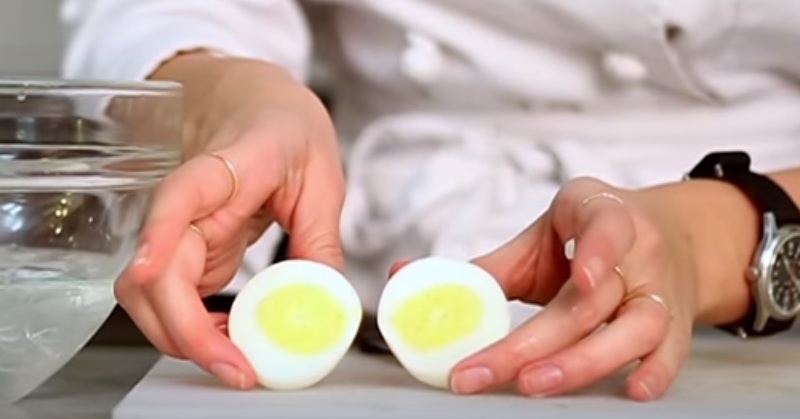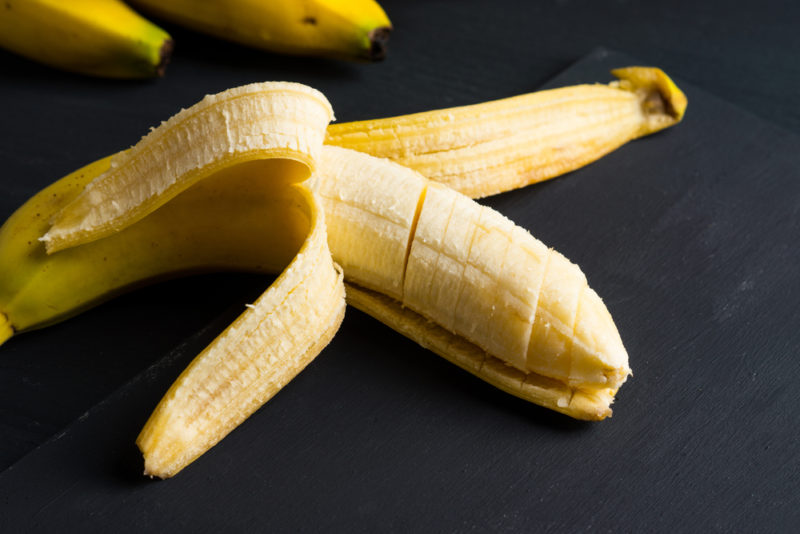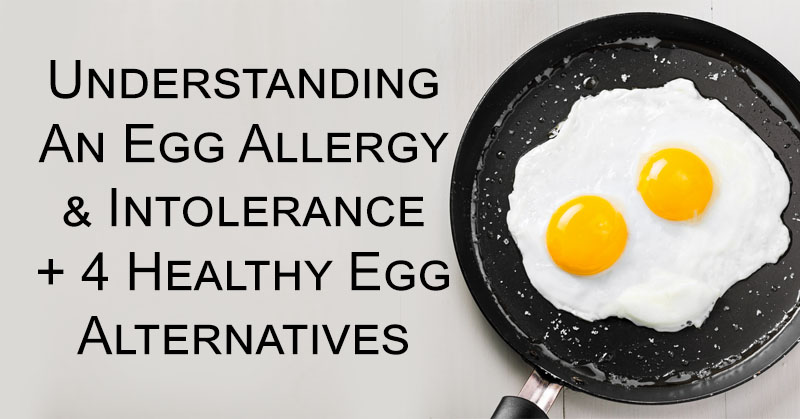When you think of common allergies, peanuts, shellfish and milk might come to mind. Surprisingly, egg allergy is on that list as well. An egg allergy can develop in children, but sudden egg allergy in adults can occur as well. Since eggs are a common ingredient in many foods, eggs aren’t the only thing you need to avoid if you begin to notice egg white allergy symptoms. Egg allergy foods to avoid include cakes, breads, muffins, brownies… the list goes on.
Egg Intolerance
Many people are also intolerant to eggs. (1) While an egg allergy threatens the immune system, an intolerance is when the body has trouble digesting food. An egg intolerance can cause an upset stomach, but is not life threatening. An egg allergy usually comes on suddenly, while an intolerance happens more gradually.

If you do have an egg allergy, you’ll notice certain symptoms that occur soon after you consume eggs. (2) How long do egg allergy symptoms last? It depends on the level of allergy. Some reactions may go away on their own. If the reaction is life-threatening, you may have to see a health care professional. While egg allergies are most common in children, you can develop an egg allergy later in life. The majority of egg allergies occur in people who had infantile eczema. (3)
Egg White Allergy Symptoms
- Skin reactions include swelling, hives, eczema or a rash
- Wheezing or difficulty breathing
- Runny nose
- Sneezing
- Red or watery eyes
- Stomach pain
- Nausea
- Vomiting
- Diarrhea
- Anaphylaxis

Healthy Egg Alternatives
1. Apple Sauce
If a recipe you’re making calls for eggs, try using apple sauce instead! (4) It works best for keeping cakes, muffins and bread moist. Choose unsweetened, unflavored, organic applesauce. Use 1/4 cup of applesauce for 1 egg.
2. Banana or Fruit Puree
To add lots of moisture to your baked goods without using eggs, try bananas or pumpkin puree. For every 1 egg the recipe calls for, use 1/4 cup of mashed banana or another pureed fruit.

3. Baking Soda and Vinegar
To give homemade treats a fluffy consistency without using eggs, substitute baking soda and vinegar. Use 1 teaspoon of baking soda mixed with 1 tablespoon of white vinegar and 1 tablespoon of water for 1 egg.
4. Chia Seeds and Flaxseeds
Chia seeds and flaxseeds work best as an egg substitute in cakes, muffins, yeast breads, cookies and brownies. Grind the seeds in a coffee grinder then mix with water and let it set in the refrigerator for about 15 minutes. For every 1 egg, use 1 tablespoon of ground chia seeds or flaxseeds and 3 tablespoons of water.


